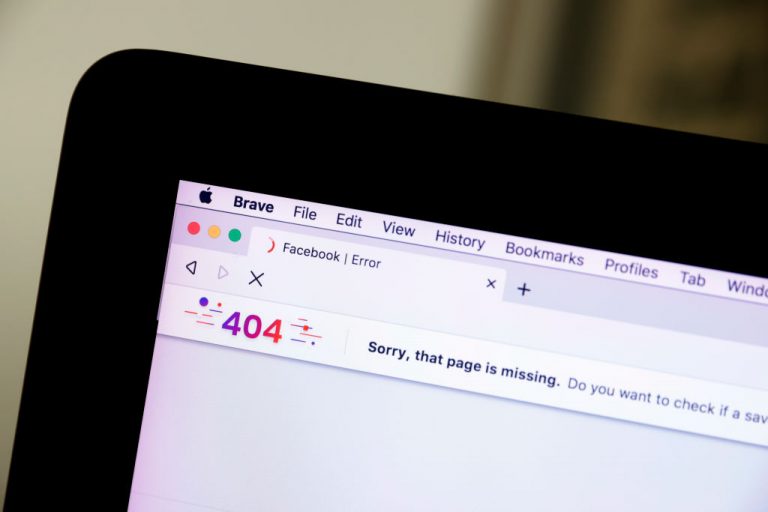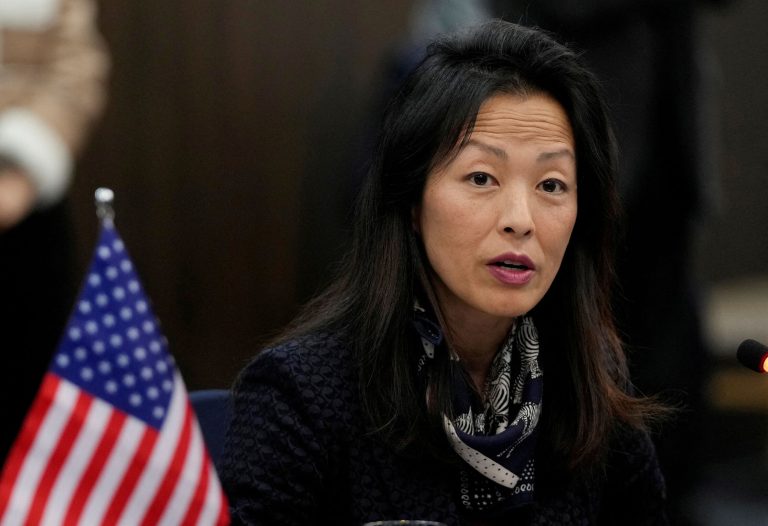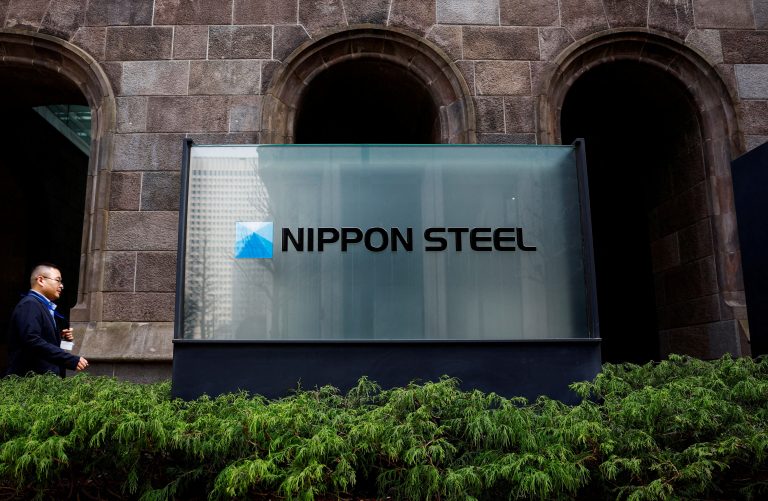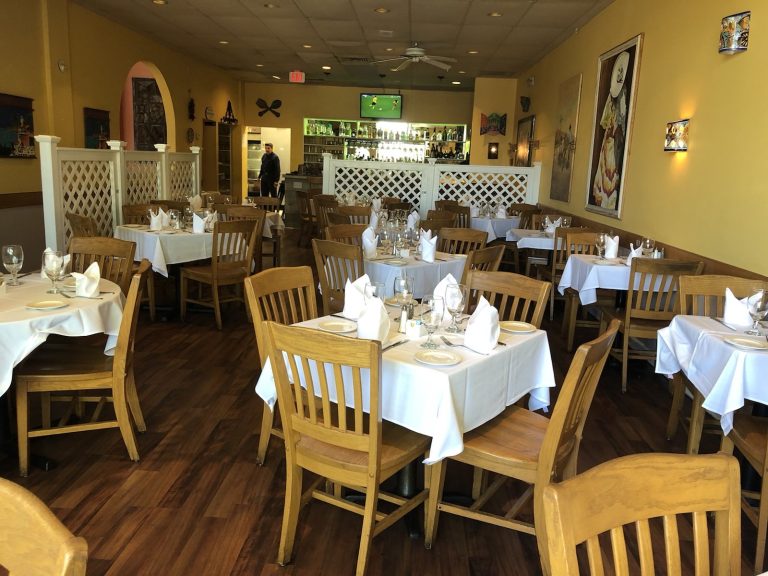Facebook recently went down, triggering a frenzy worldwide as millions of businesses and individuals became increasingly worried about not being able to access the platform. Though the outage has now been resolved, the downtime demonstrated how dependent the world has become on such platforms.
On Oct. 4, Facebook together with WhatsApp and Instagram went offline starting at 11:30 a.m. ET. After approximately six hours, the problem was resolved and services resumed as usual.
In a blog post, the company said that it understands people and businesses across the world depend on their service to remain connected and apologized to “all those affected” with the downtime. CEO Mark Zuckerberg also issued an apology to Facebook’s users.
Facebook said that the root cause of the issue was a “faulty configuration change” and that they have seen no evidence to suggest that user data has been compromised as a result of the outage.
“Our engineering teams have learned that configuration changes on the backbone routers that coordinate network traffic between our data centers caused issues that interrupted this communication. This disruption to network traffic had a cascading effect on the way our data centers communicate, bringing our services to a halt,” said the post.
Success
You are now signed up for our newsletter
Success
Check your email to complete sign up
The problem seems to have begun with a routine Border Gateway Protocol (BGP) update at the company. BGP is a mechanism that allows ISPs to share information about how providers route internet traffic to specific internet addresses. It is basically a map that tells the world’s computers how to find Facebook and its various services. With the BGP update, this map was taken away and users were not able to access Facebook servers.
Though Facebook has not indicated that there was a hack, some experts have raised the spectre of such a possibility. “In the past year or so, we’ve seen a lot of these big outages where they had some sort of update to their global network configuration that went awry… We obviously can’t rule out someone hacking them, but they also could have done this to themselves,” Doug Madory, director of internet analysis at the network monitoring company Kentik, told Krebs On Security.
The outage also disrupted Facebook’s internal operations. Employees couldn’t use the company’s internal message boards and had to rely on Outlook to communicate. Employees at Facebook’s Menlo Park campus faced difficulties entering buildings since their security badges were rendered useless.
“Not only are Facebook’s services and apps down for the public, its internal tools and communications platforms, including Workplace, are out as well. No one can do any work. Several people I’ve talked to said this is the equivalent of a ‘snow day’ at the company,” New York Times tech reporter Ryan Mac said in an Oct. 4 tweet.
As Facebook is used by millions of users, the platform’s downtime caused massive issues worldwide. Many organizations saw big spikes in their DNS traffic; experiencing network slowness and disruptions as billions of devices globally kept seeking coordinates for Facebook, Instagram, and WhatsApp. Bill Woodcock, executive director of the Packet Clearing House, said in a tweet that his company saw a 40 percent increase in wayward DNS traffic globally during the outage.
In an interview with the Associated Press (AP), Rachel Tobac, a hacker and CEO of SocialProof Security, said that so many people across the world are now dependent on Facebook and its associated platforms for communication that they can become vulnerable to criminals looking to benefit from the downtime.
During previous outages, there were reports of people receiving emails from fraudsters claiming to restore their social media accounts. All that the user had to do was to click a malicious link that would allow the hackers to gain access to their personal data. “They don’t know how to contact the people in their lives without it… They’re more susceptible to social engineering because they’re so desperate to communicate,” Tobac said.















